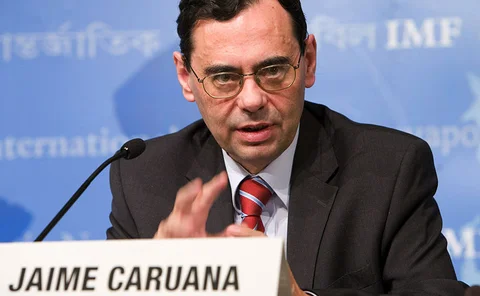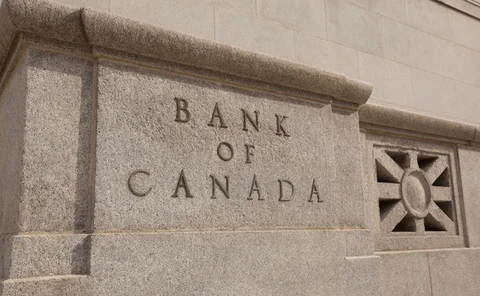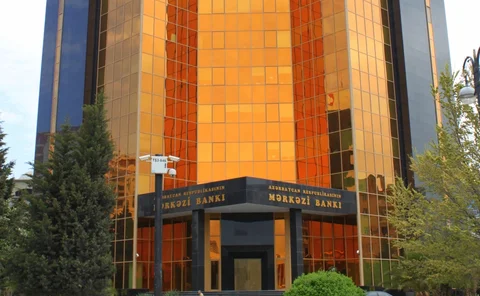Central Banking Newsdesk
Follow Central Banking
Articles by Central Banking Newsdesk
Rate hikes could halt asset bubbles, research finds
Tighter policy can work if savings fall or holdings of bubble asset decline, paper says
Brexit makes regulatory arbitrage more relevant, Nouy says
Policy-makers should rely more on regulations and less on directives, ECB supervisor says
Spanish ex-governor will not face charges over Bankia case
Former IMF managing director will face charges over collapse of Spanish commercial bank
Caruana urges rethink of global co-operation
Closer co-operation across economic policymaking could help to dampen the backlash against globalisation, BIS chief says
Ugandan stress tests reveal banking sector vulnerabilities
Banking sector could face a loss of $140 million if three largest banks default; governor says it has been a “difficult year” for banks
Canadian deputy: inflation target renewal aids policymaking
A renewal period offers the bank a research opportunity to examine monetary policy framework; such research prompted a decision to maintain inflation target at 2%
‘Significant non-linearities’ in debt-investment relationship, paper says
Researchers look at data from five peripheral eurozone countries
IMF paper calls for global co-operation on big data
Discussion note urges statistical authorities to “step up” their involvement in big data projects and develop frameworks for knowledge sharing
Sovereign debt crises hit non-tradable sectors harder
A 1% increase in bond spreads is associated with an average decline of 3% in growth of zero-traded industries
Turkey keeps rates unchanged on high inflation
Central bank says tight stance will remain until prices approach 5% target
BoE’s Vlieghe: financial sector may have pushed rates down
MPC member suggests end of the gold standard seems to have lent a negative skew to growth; gives hawkish signals on future policy
PBoC research head defends ICO ban
Central bank official stresses ban on ICOs will not hinder research on blockchain
Bank Indonesia targets fintech firms with new anti-money laundering rules
The new regulation is applicable to non-bank financial services, money changers and fintech firms
Lower monthly quotas effective at preventing mortgage defaults
60% of US defaults during financial crisis caused by lack of ability to pay, paper finds
Namibia weighs in on DLT debate
Central bank deems unregulated virtual currencies “unsafe” but sees merit in underlying technology
Hawkish signs appear in BoE’s latest communication
Committee still split 7–2 in favour of keeping policy on hold, but members flag possibility of a hike at the November meeting
IMF report studies country responses to volatile capital flows
Set of case studies emphasises value of macro-prudential policy in resisting credit booms across emerging and advanced economies
Only 30% probability of eurozone inflation hitting target in next year, paper says
Italian researchers present composite index based on 15 indicators of price dynamics
DLT not ‘necessary’ for central bank digital currency – BoE economist
BoE economist says there are many technological requirements for successful digital currency, but ultimately there are serious economic questions to answer too
Cleveland Fed’s Mester upbeat on prospects for US economy
Loretta Mester backs continued gradual rate rises and the commencement of balance sheet normalisation “in the near future”
Swaziland central bank needs macro-prudential powers – IMF
Fund urges authorities to fast-track reform to give central bank financial stability mandate; reliance on customs union leaves economy vulnerable
BIS’s Restoy warns against ‘supervisory straitjacket’
Rules-based frameworks for banking sector intervention may “unduly constrain” regulators, the head of the Financial Stability Institute says
People: Fijian interim governor appointed permanently, Azerbaijan deputy leaves
Fiji’s Ariff Ali appointed on permanent basis; Azerbaijan deputy steps down; Bank of England retains PRC members; and more
Bank of Spain was one of toughest pre-crisis regulators, report argues
But counter-cyclical provisions were not high enough to cope with crises, Bank of Spain says























